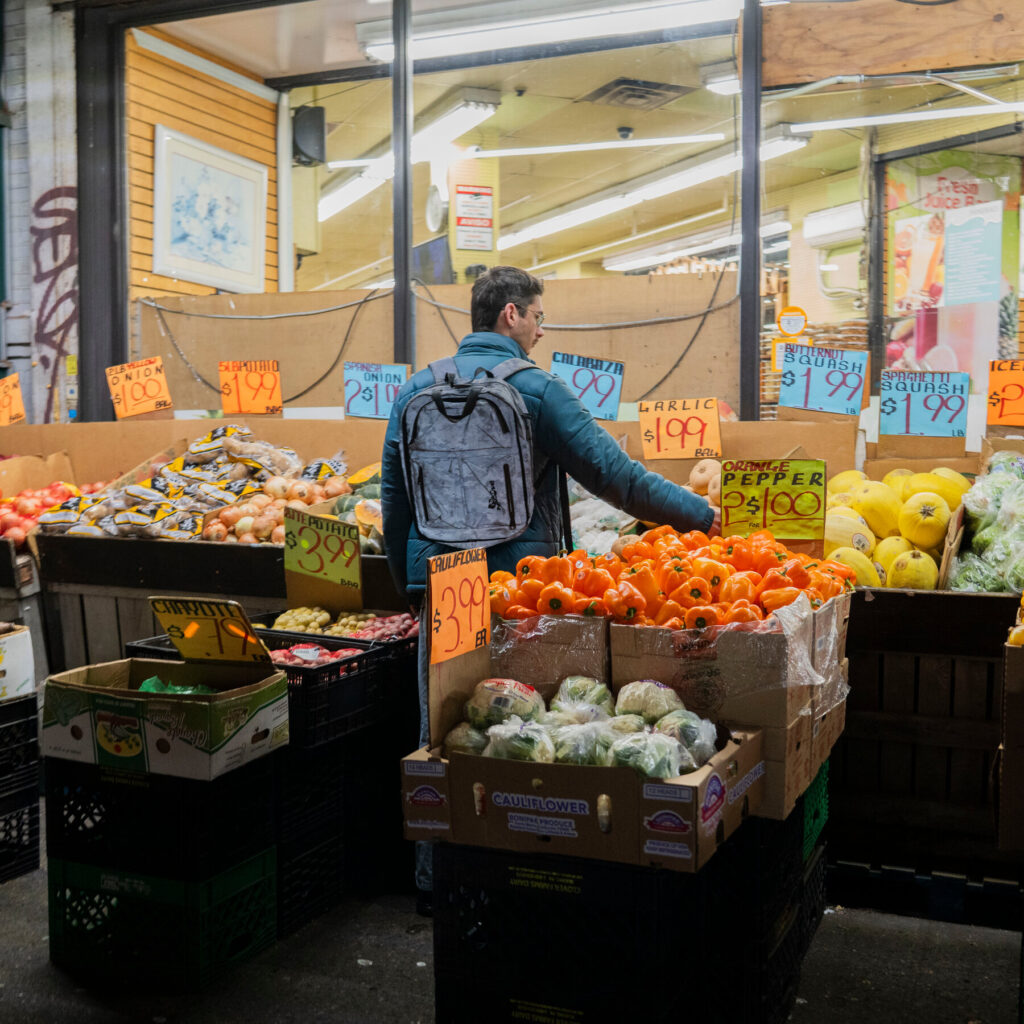Trump Administration Urges Supreme Court to Halt States’ Full SNAP Payments

Washington – The Justice Department on Tuesday filed a petition with the Supreme Court asking the nation’s highest court to block a wave of state actions that are delivering the full allotment of Supplemental Nutrition Assistance Program (SNAP) benefits to recipients, contrary to a federal directive issued earlier this year.
The request comes after the Trump administration announced in February that it would reduce the maximum monthly SNAP benefit for able‑bodied adults without dependents from $250 to $200, a move it said was necessary to curb what officials described as “excessive spending” on the nation’s food‑assistance program. The administration argued that the cut would save roughly $2 billion over the next fiscal year and encourage work participation.
However, a growing coalition of states – including California, New York, Illinois, and Massachusetts – have refused to implement the reduction. Instead, they have continued to distribute the pre‑cut benefit amounts to all eligible households, citing concerns that the lower payments would push vulnerable families deeper into food insecurity. State officials contend that the federal order oversteps executive authority and conflicts with longstanding congressional statutes that set SNAP benefit levels.
Legal experts say the clash raises a complex set of questions about the balance of power between the executive branch and the states in administering federal welfare programs. “The administration is essentially trying to unilaterally rewrite the benefit formula that Congress established,” said Laura Chen, a professor of public policy at Georgetown University. “If the Supreme Court sides with the administration, it could set a precedent for the federal government to make sweeping changes to entitlement programs without legislative input.”
The Justice Department’s brief argues that the states’ refusal to comply “undermines the uniformity of the national food‑assistance system” and “creates an uneven playing field for businesses that accept SNAP benefits.” It also claims that the states are violating the Administrative Procedure Act by implementing a policy that has not been formally promulgated through the required rule‑making process.
In response, the states filed a separate petition seeking a stay of the administration’s order, asserting that the cut would violate the Administrative Procedure Act and the Food Stamp Act of 1964, which they say obligates the federal government to maintain established benefit levels unless Congress explicitly amends them.
The Supreme Court has not yet set a date for oral arguments, but legal scholars anticipate that the case could be heard as early as the spring term, given the urgency of the issue for millions of Americans who rely on SNAP for their daily meals. Advocacy groups, including Feeding America and the Center on Budget and Policy Priorities, have urged the Court to protect the full benefits, warning that even a short‑term reduction could have lasting detrimental effects on child nutrition, health outcomes, and local economies.
As the legal battle unfolds, the Department of Agriculture has indicated that it will continue to process SNAP payments at the reduced rate for states that comply, while monitoring the situation closely. Meanwhile, the states that have opted to maintain full benefits say they will keep the higher payments in place pending the Court’s decision, arguing that the welfare of their residents must come before bureaucratic disputes.
The outcome of the case will likely shape not only the future of SNAP but also the broader debate over how much leeway the federal government has to alter major social safety‑net programs without direct congressional approval.




